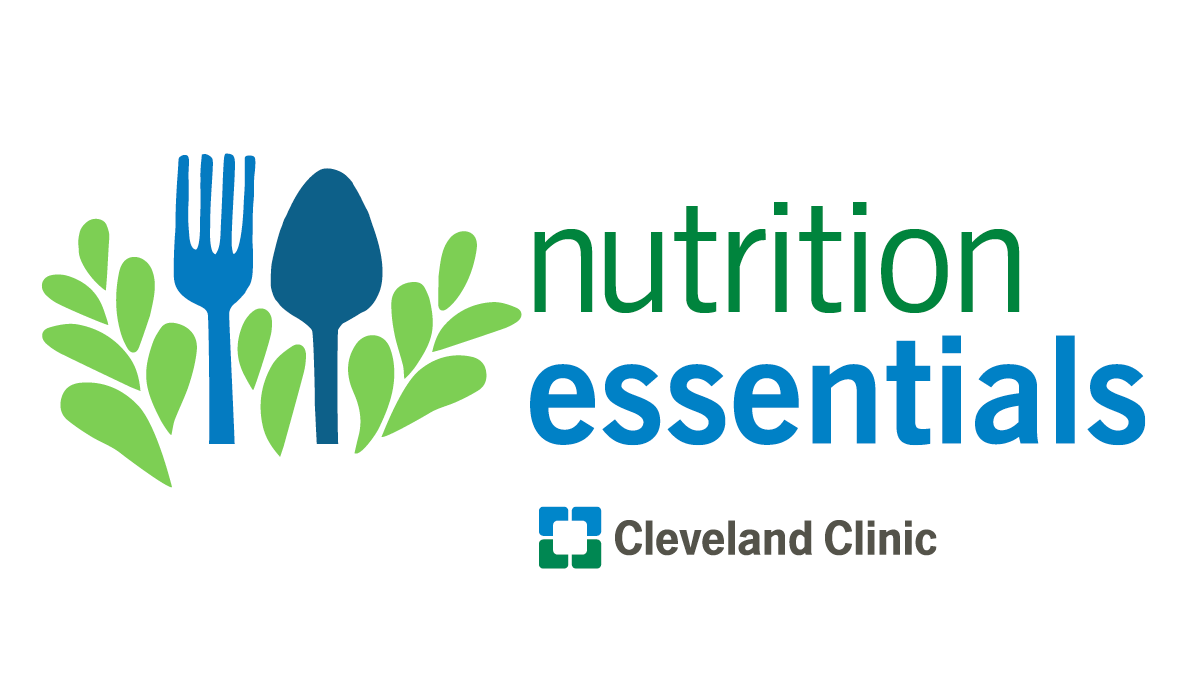
Health Essentials
Tune in for practical health advice from Cleveland Clinic experts. What's really the healthiest diet for you? How can you safely recover after a heart attack? Can you boost your immune system?
Cleveland Clinic is a nonprofit, multispecialty academic medical center that's recognized in the U.S. and throughout the world for its expertise and care. Our experts offer trusted advice on health, wellness and nutrition for the whole family.
Our podcasts are for informational purposes only and should not be relied upon as medical advice. They are not designed to replace a physician's medical assessment and medical judgment. Always consult first with your physician about anything related to your personal health.
Subscribe:

Featured Episode
Nutrition Essentials | Gut Rehabilitation with Dr. Donald Kirby, MD
Intestinal failure can undermine your body's ability to absorb nutrients from food you eat. Dietary adjustments can help rehab your gut to restore function. Find out how it happens in this podcast featuring Dr. Donald Kirby and registered dietitian Julia Zumpano.
Play NowAll Health Essentials Episodes
February 4, 2026
Rock-Solid Advice to Prevent Kidney Stones with Dr. Jorge Gutierrez-Aceves
If you've ever had a kidney stone, it's safe to say you never want to repeat the painful experience. Thankfully, there are simple things you can do to limit your risk, as Dr. Jorge Gutierrez-Aceves explains in this episode of the podcast.
Play NowJanuary 28, 2026
How to Deal with A Control Freak with Dr. Susan Albers-Bowling
A control freak can leave you feeling powerless as your thoughts and ideas get trampled. Over time, it can take a toll on your self-esteem. But there are ways to navigate this dynamic and protect your point of view, as psychologist Susan Albers-Bowling explains in this podcast.
Play NowJanuary 21, 2026
Celiac Disease vs Gluten Sensitivity vs Wheat Allergy with Dr. Claire Jansson-Knodell
If eating food with gluten gives you a bellyache, you could be dealing with one of these three conditions: celiac disease, gluten sensitivity or a wheat allergy. Learn the similarities and differences of each in this podcast featuring Dr. Claire Jansson-Knodell.
Play NowJanuary 14, 2026
Nutrition Essentials | Fueling for Fitness with Erik Van Iterson, PhD
Workouts tend to be well-planned. It pays to give the same attention to what you eat before and after you break a sweat. Listen in and get your exercise nutrition plan in place with the help of Dr. Erik Van Iterson and registered dietitian Julia Zumpano.
Play Now

